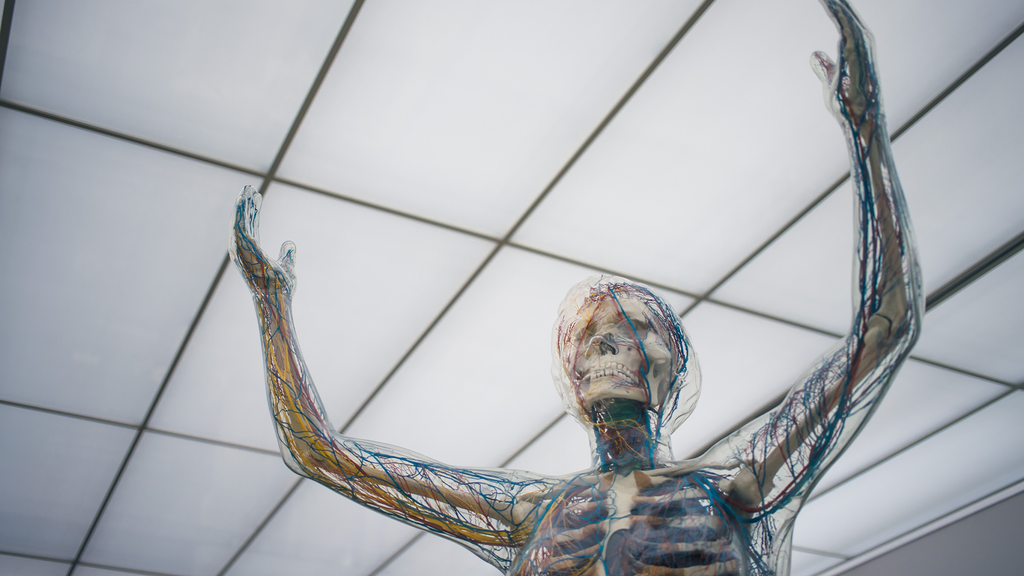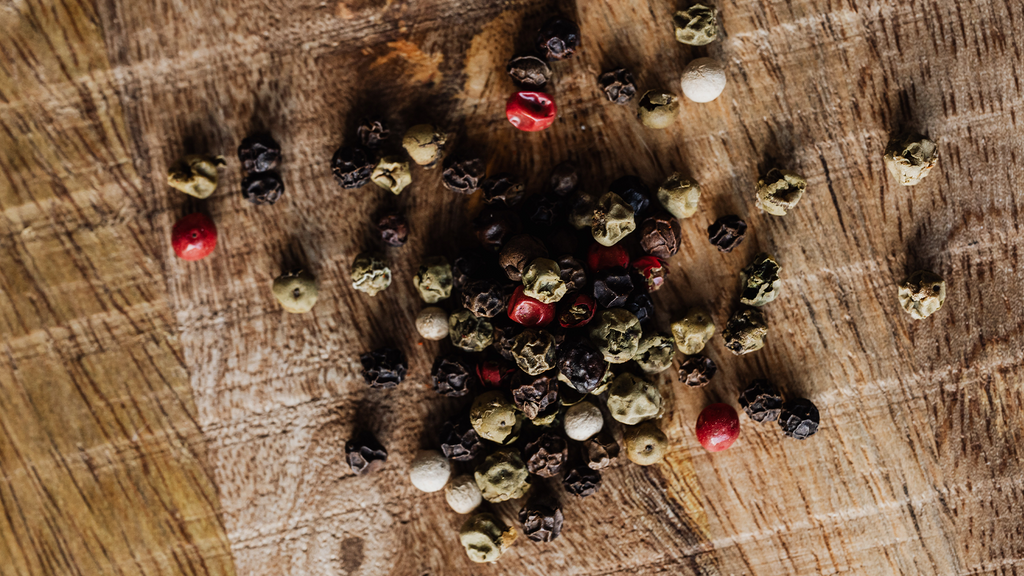The Power of Beta-Caryophyllene: The Ultimate Guide to Its Benefits & Uses
What is Caryophyllene?
Caryophyllene is the only known terpene to also act as a cannabinoid. It can activate our endocannabinoid system to provide anti-inflammatory effects. Beta-caryophyllene, or BCP, is the same unique terpene with a different name. It does evoke a tantalizing smell that can be found in essential oils of spices and herbs like rosemary, clove, black pepper, and even cannabis plants.
The Unique Profile of BCP
It's the underdog superhero of terpenes—it might not be the most abundant, but it definitely packs a punch. This distinctive compound stands apart, courtesy of its larger molecular structure and a rare cyclobutene ring, which is seldom seen in other terpenes or even the cannabis plant.
The real magic, however, unfolds when BCP interacts with our endocannabinoid system—a network of cannabinoid receptors spread throughout our body. This system, instrumental in maintaining our health, comprises CB1 and CB2 receptors. CB1 receptors are primarily found in the central nervous system of the brain and spinal cord. The CB2 receptors, which are activated by caryophyllene, reside in our peripheral organs in which the body's nerve fibers extends to our muscles and glands.
When THC, tetrahydrocannabinol— the major component of cannabis sativa, enters the scene, it mainly engages with the CB1 receptors, resulting in a euphoric feeling. But BCP, with its exceptional structure, can easily bind with the CB2 receptors in the peripheral endocannabinoid system. This interaction can trigger several health benefits, like reducing inflammation, without any of the psychoactive effects typically associated with cannabis.

Caryophyllene Rich Cannabis Strains
Cannabis strains rich in caryophyllene come with a unique aromatic profile. A whiff of these cultivars, like Girl Scout Cookies, Bubba Kush, or Sour Diesel, can take your sensory experience to a whole new level. Cultivated in San Francisco, the Cookies family of strains, that includes GSC and Cookies & Cream, have been known to test high in β caryophyllene content. Sister cannabis strains that are also best known in relations to have high BCP are:
Beta Caryophyllene Benefits
The caryophyllene cannabinoid story isn't just about the smell—it's a powerhouse of therapeutic potential. Beta caryophyllene's prowess extends beyond just adding aroma to your favorite chewing gum or essential oil. This terpene has shown promising analgesic effects in laboratory-based studies, hinting at its potential to alleviate chronic inflammatory and neuropathic pain. Early data suggest that it could even play a role in reducing mood disorders and alcohol consumption to point it can position itself as a potential aid in addiction treatments.
Boasting anti-inflammatory properties, BCP could also offer significant reduction in symptoms of inflammatory conditions. Its therapeutic benefits, combined with its potential as an anxiety therapeutic intervention, highlight why more research into this terpene is a promising prospect. Early studies even suggest that β caryophyllene might hold the key to longevity, given its potential role in reducing gene stress.
So, the next time you enjoy the smell of your rosemary essential oil or savor the spicy kick of black pepper, remember—you're experiencing the power of BCP, a terpene that's on a mission to revolutionize wellness.



